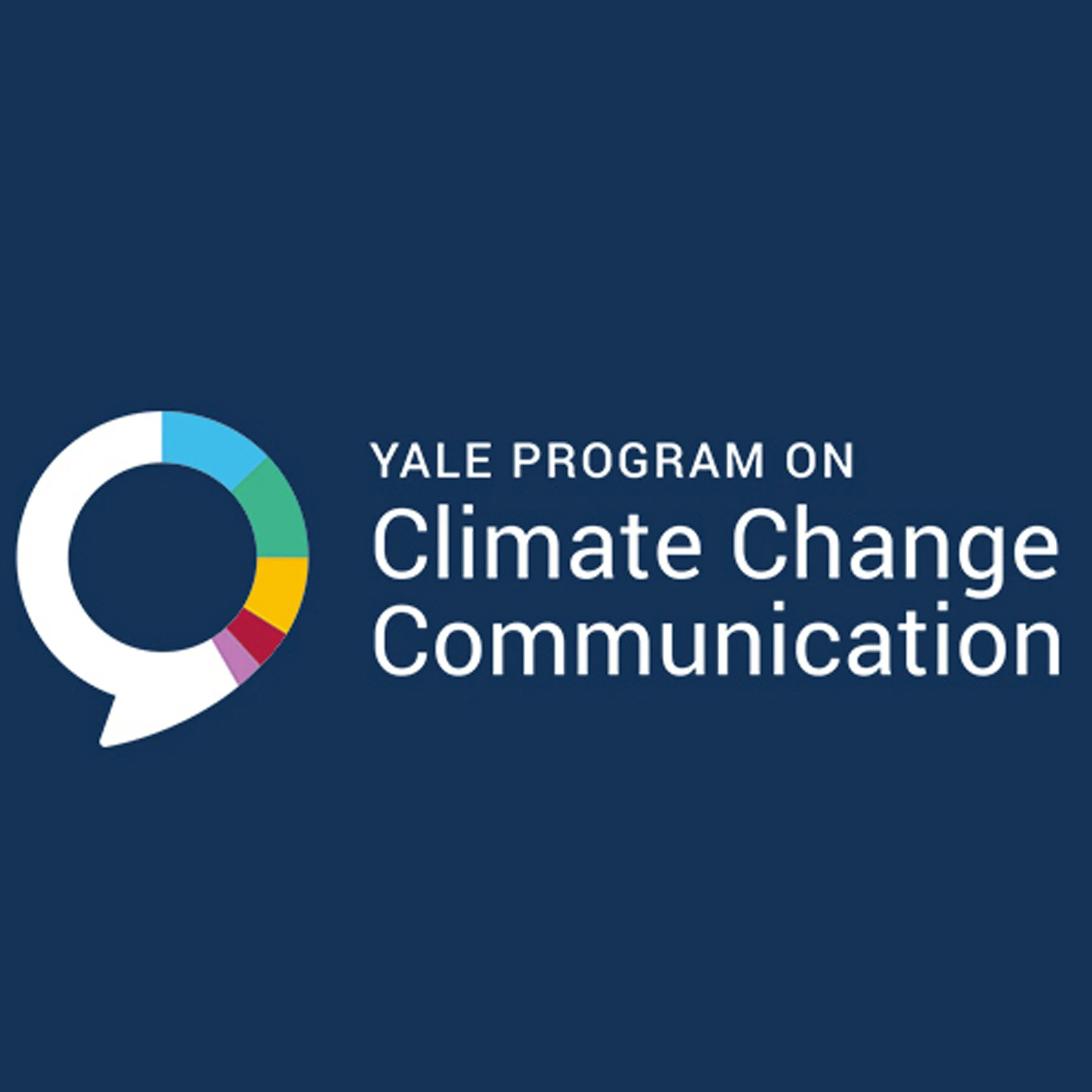What do we understand about the causes, consequences, and solutions for climate change? What are the psychological, cultural, the political reasons some people get engaged and others don't and how important is climate change communication?
Anthony Leiserowitz, Ph.D. is the founder and Director of the Yale Program on Climate Change Communication and a Senior Research Scientist at the Yale School of the Environment. He is an internationally recognized expert on public climate change beliefs, attitudes, policy support, and behavior, and the psychological, cultural, and political factors that shape them and conducts research globally, including in the United States, China, India, and Brazil. He has published more than 250 scientific articles, chapters, and reports and has worked with the Intergovernmental Panel on Climate Change, the National Academy of Sciences, the Smithsonian Museum of Natural History, the Harvard Kennedy School, the United Nations Development Program, the Gallup World Poll, and the World Economic Forum, among others. He is a recipient of the Friend of the Planet Award from the National Center for Science Education, the Mitofsky Innovator Award from the American Association of Public Opinion Research, the Stephen H. Schneider Award for Outstanding Climate Science Communication from Climate One, and an Environmental Innovator award from the Environmental Protection Agency. In 2020, he was named the second-most influential climate scientist in the world (of 1,000) by Reuters. He is also the host of Climate Connections, a radio program broadcast each day on more than 700 stations nationwide.
ANTHONY LEISEROWITZ
Storytelling is still one of the most powerful ways we have to communicate from one person to another, from one person to millions, and from millions back to one.
At the Yale Program on Climate Change Communication, we study how people respond to climate change. So what do people around the world understand or misunderstand about the causes, the consequences, and solutions? How do they perceive the risks: the likelihood and severity of different types of impacts from sea level rise to the health impacts? What kinds of policies do they support or oppose? And then what kinds of behaviors are people engaged in or willing to change to be part of climate solutions? There are lots of different things there, but our ultimate question is answering why. What are the psychological, cultural, the political reasons why some people get engaged with this issue? While others are kind of apathetic and some are downright dismissive and hostile, or at least they are in the United States, which thankfully is not the case in most of the rest of the world.
*
So the why really depends on where you are. People are not all the same. There is no such thing as the public. There are many, many, many different publics within a state, within a country, within the world, right? So one of the first cardinal rules of effective communication is know your audience. Who are they? What do they know? What do they think they know? Who do they trust? Where do they get their information? What are their underlying values? And it's only once you know who they are that you as a communicator can go more than halfway to try to meet them where they are not where you are. Where they are. That's so easy to say, but it's actually so hard for so many of us within the climate community to do because we're steeped in this issue. We want to talk about things.
*
Cities are going to be core to solving this problem. However, the whole world is vulnerable to climate change in different ways. So cities are going to be critical. Let's not forget we already have 8 billion people on the planet, and it's growing.
And so there is a lot that we need to do to both retrofit our existing cities, which is expensive and hard because they were laid down, sometimes, hundreds of years ago with different assumptions about how one should live. For example, L.A. was built on the highway and based on the automobile, so it's very difficult for L.A. as a city to now go, okay, we want to get back to providing rail transit for everybody. And they're doing it, but it's expensive, and it's hard to retrofit but essential work that has to be done.
But at the same time, the world is building new megacities that are going to house tens of millions of people, and we now have the opportunity to build them for the 21st century. We don't have to follow the same design patterns of the past. So, this now opens up enormous creativity, experimentation, and innovation. One study has found that the single thing that makes people most unhappy in America is commuting time, being stuck in traffic. That makes people more frustrated and depressed than anything.
This interview was conducted by Mia Funk with the participation of collaborating universities and students. Associate Interviews Producers on this episode were Sophie Garnier and Surya Vir. The Creative Process is produced by Mia Funk. Additional production support by Katie Foster.
Mia Funk is an artist, interviewer and founder of The Creative Process & One Planet Podcast (Conversations about Climate Change & Environmental Solutions).















































































